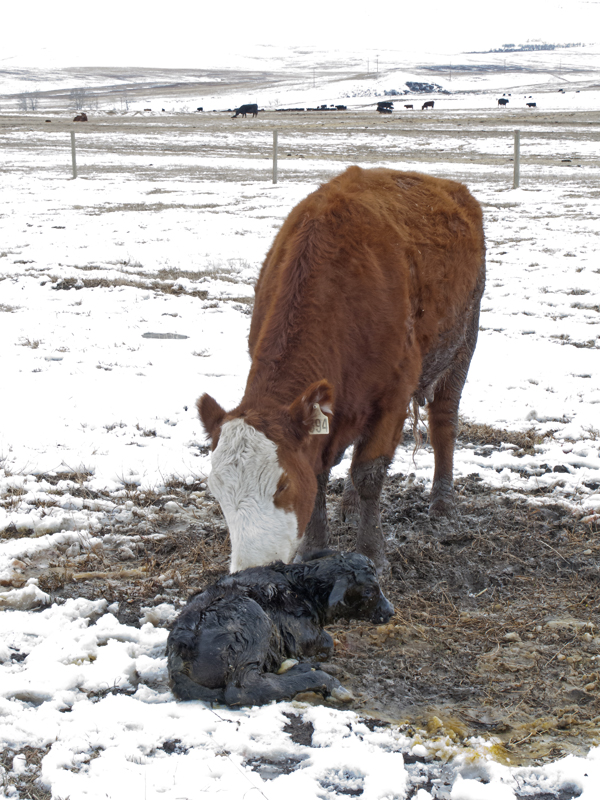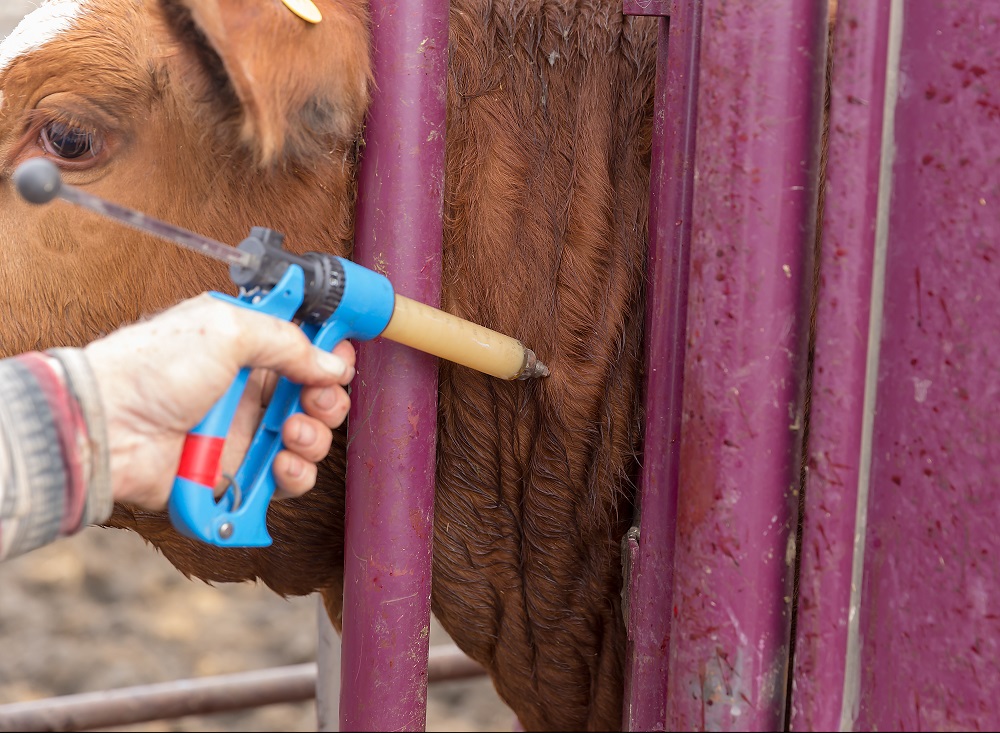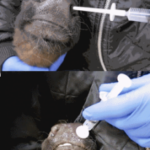-

January 17, 2022Protect Your Investments This article written by Dr. Reynold Bergen, BCRC Science Director, originally appeared in the January 2022 issue of Canadian...
Keep Reading -

September 30, 2020Vaccination of the Beef Herd: New Topic Page Vaccines stimulate the immune system of the animal to produce antibodies. Antibodies (or...
Keep Reading -

November 30, 2018Using nasal vaccines effectively. Webinar December 11 Missed this Webinar? Watch the recording here. Photos courtesy of VIDO Nasal vaccines are...
Keep Reading